
Insurance Information
Let's Get Insurance Done Right.
We compiled a list of resources, and answers to some of the most common questions regarding insurance applied to your treatments.

We compiled a list of resources, and answers to some of the most common questions regarding insurance applied to your treatments.
The first step is to call your insurance company and ask them what documentation is required to get assessment coverage. Depending on your insurance company, responses might vary. Some insurance companies require a written prescription from the doctor coupled with the precertification interview with the treating speech therapist. Typically, the utilization management section of the insurance company deals with the precertification interview (may be referred to as prior authorization or medical review depending on the insurance company.
After precertification takes place, make sure to ask your insurance representative regarding the coverage for out of network therapists. They will instead provide you with a letter for your insurance company, containing the necessary diagnosis and treatment codes, incurred fees as well as a brief description of services provided, and will expect you to apply for reimbursement on your own.
ALL CLIENTS are strongly recommended to complete the steps above to understand and know their insurance plans so as to prepare appropriately and avoid any confusion as well as costly errors. Just asking if you are covered for “speech” therapy is not enough to determine if you are covered for the specific treatment you need.
Therefore, when asking about coverage, you should also ask about specific diagnostic and procedure codes. Below is a list of the most common codes below. We are happy to help assist with identifying the best or most appropriate codes after our consultation.
Note: These are some of the more common procedures and not a comprehensive list of procedures and diagnosis codes; refer to your initial evaluation report and treatment plan for detailed informa
Evaluation (CPT):
Therapy (CPT):
Possible Diagnosis (ICD-10):
SPEECH THERAPY
Date:
Time:
Name of Representative:
Reference # ___________
When you see a health care provider, you may owe certain out-of-pocket costs, like a copayment, coinsurance, or deductible. You may have additional costs or have to pay the entire bill if you see a provider or visit a healthcare facility that isn’t in your health plan’s network. “Out-of-network” means providers and facilities that haven’t signed a contract with your health plan to provide services. Out-of-network providers may be allowed to bill you for the difference between what your plan pays and the full amount charged for a service. This is called “balance billing.”
This amount is likely more than in-network costs for the same service and might not count toward your plan’s deductible or annual out-of-pocket limit. “Surprise billing” is an unexpected balance bill. This can happen when you can’t control who is involved in your care—like when you have an emergency or when you schedule a visit at an in network facility but are unexpectedly treated by an out-of-network provider. Surprise medical bills could cost thousands of dollars depending on the procedure or service.
Good Faith Estimate:
For uninsured or self-pay patients, we are happy to provide good faith estimates of costs for services to assist with understanding and preparing for the potential costs before receiving speech therapy evaluation and treatment.
We are in network with most major insurance companies.

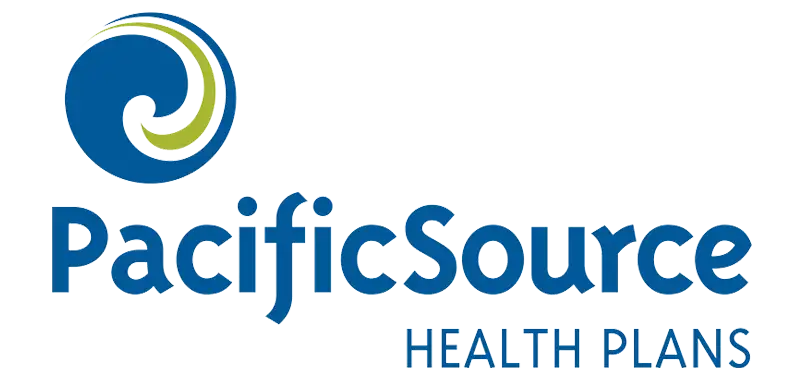
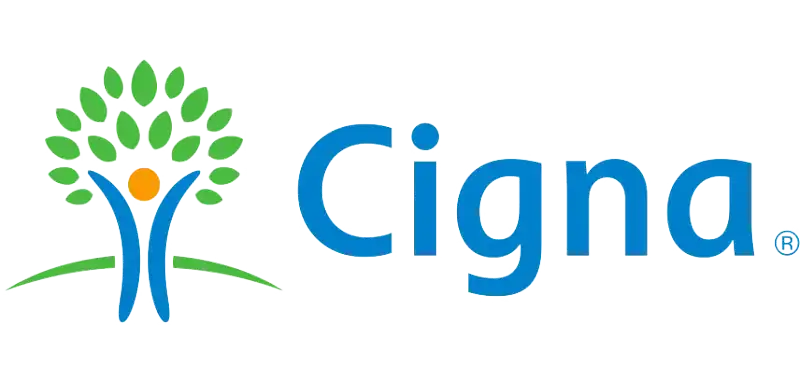
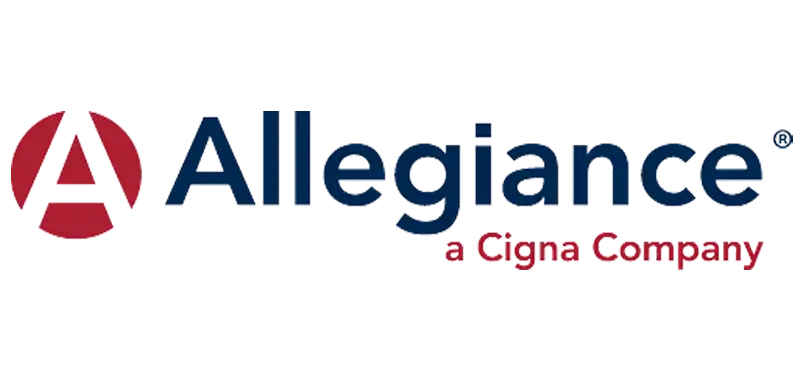
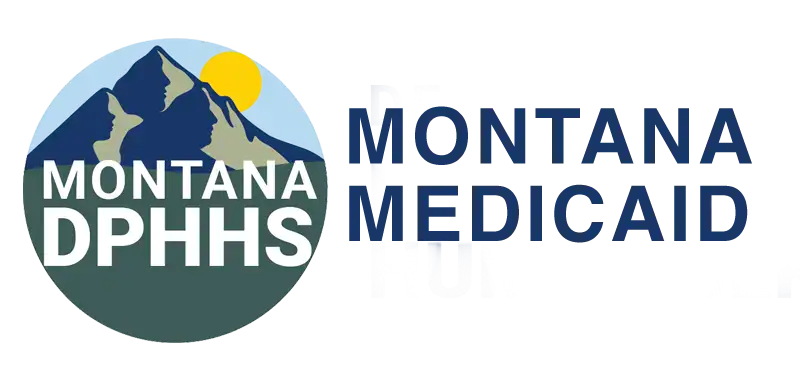
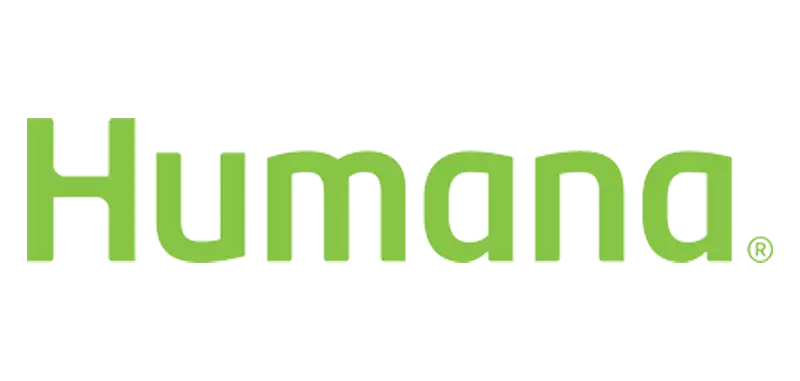
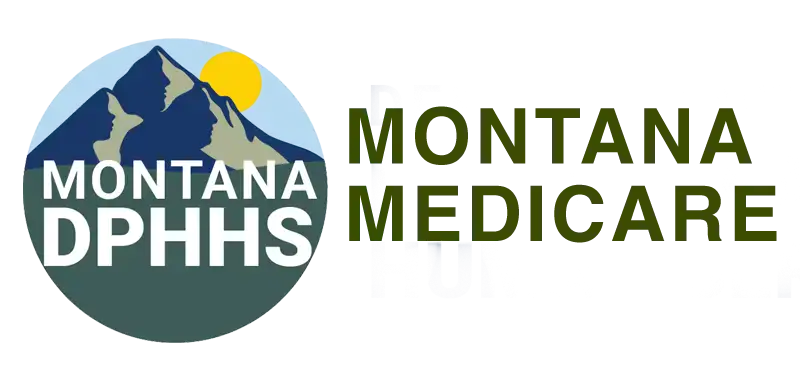

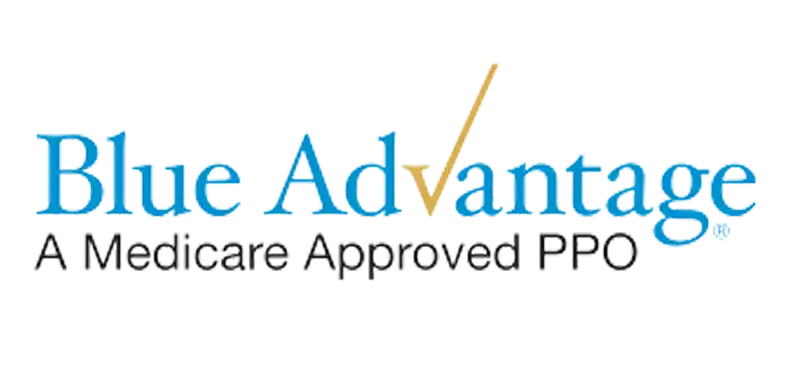

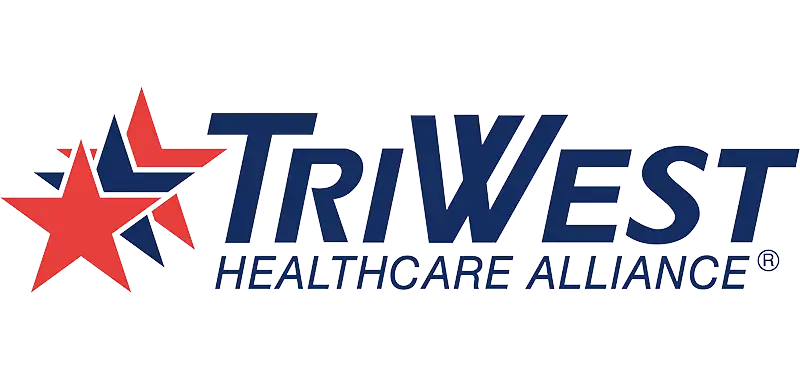
Adding {{itemName}} to cart
Added {{itemName}} to cart